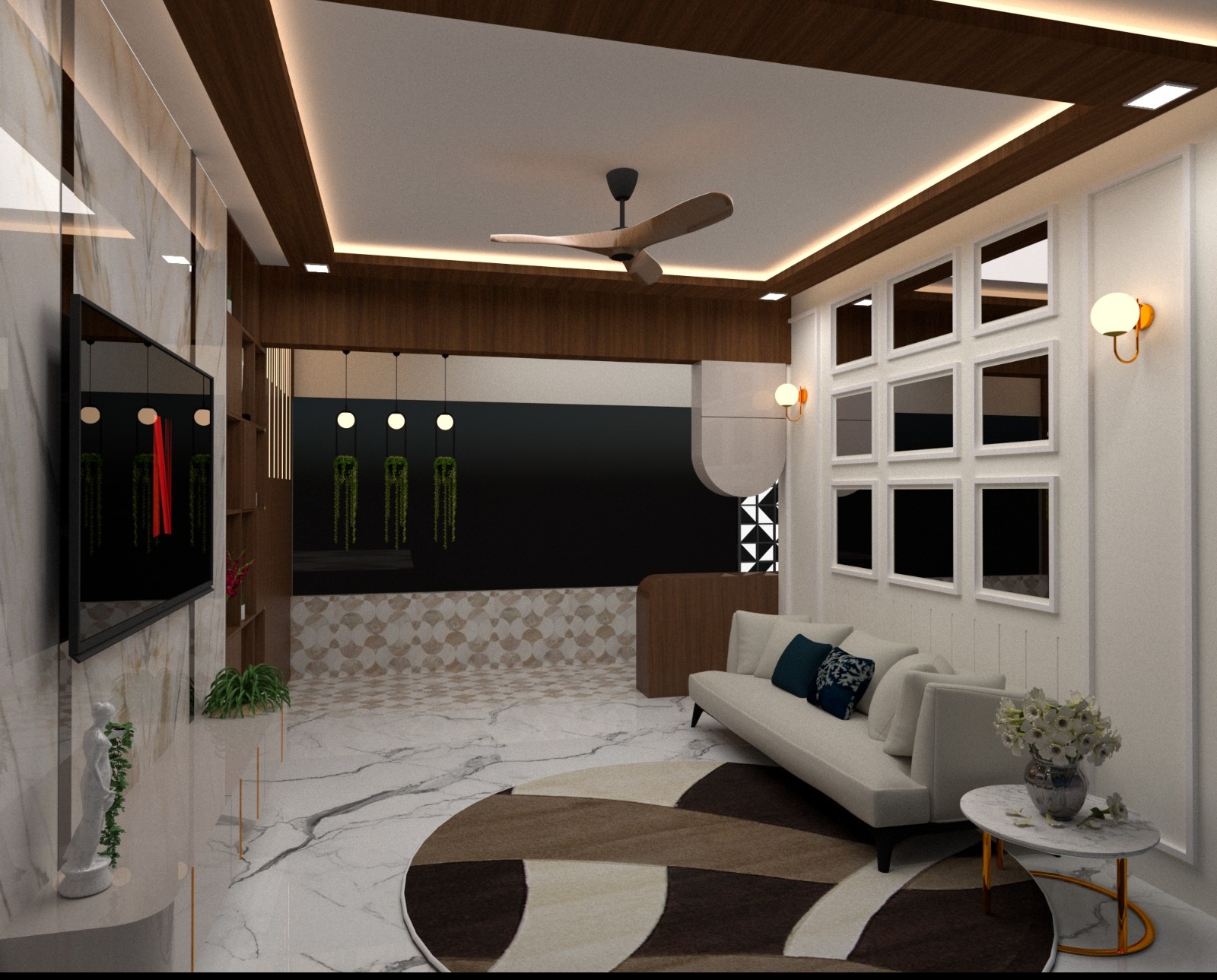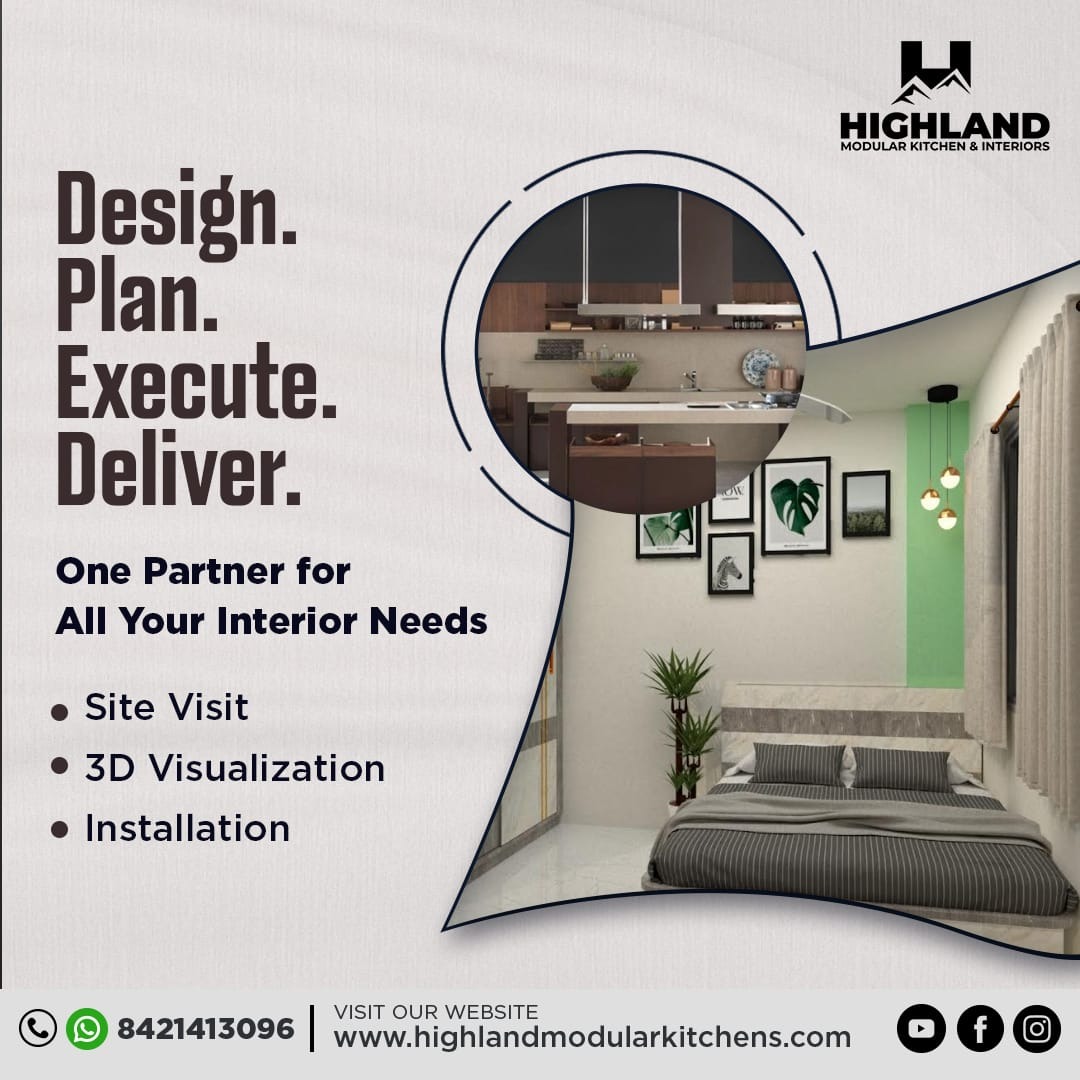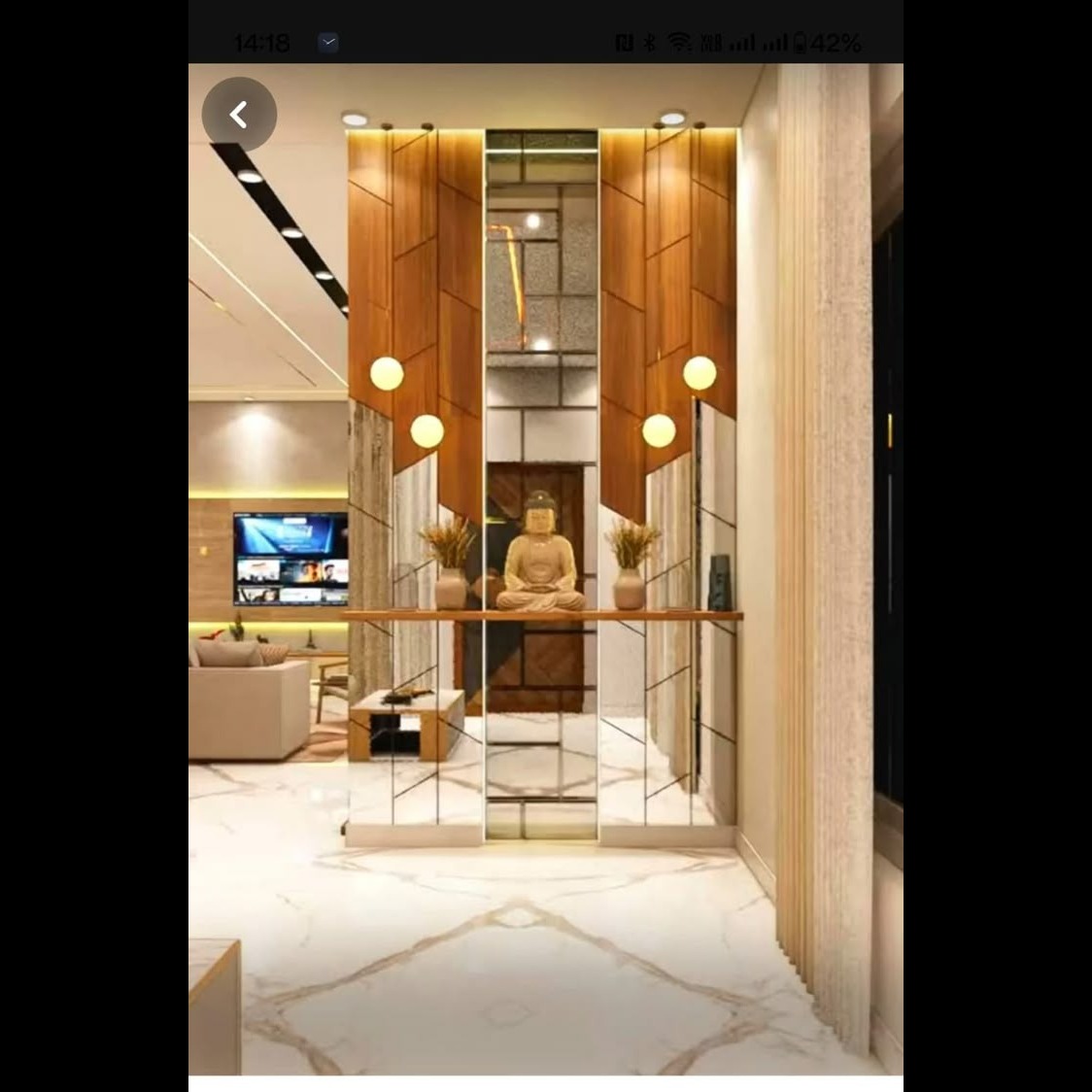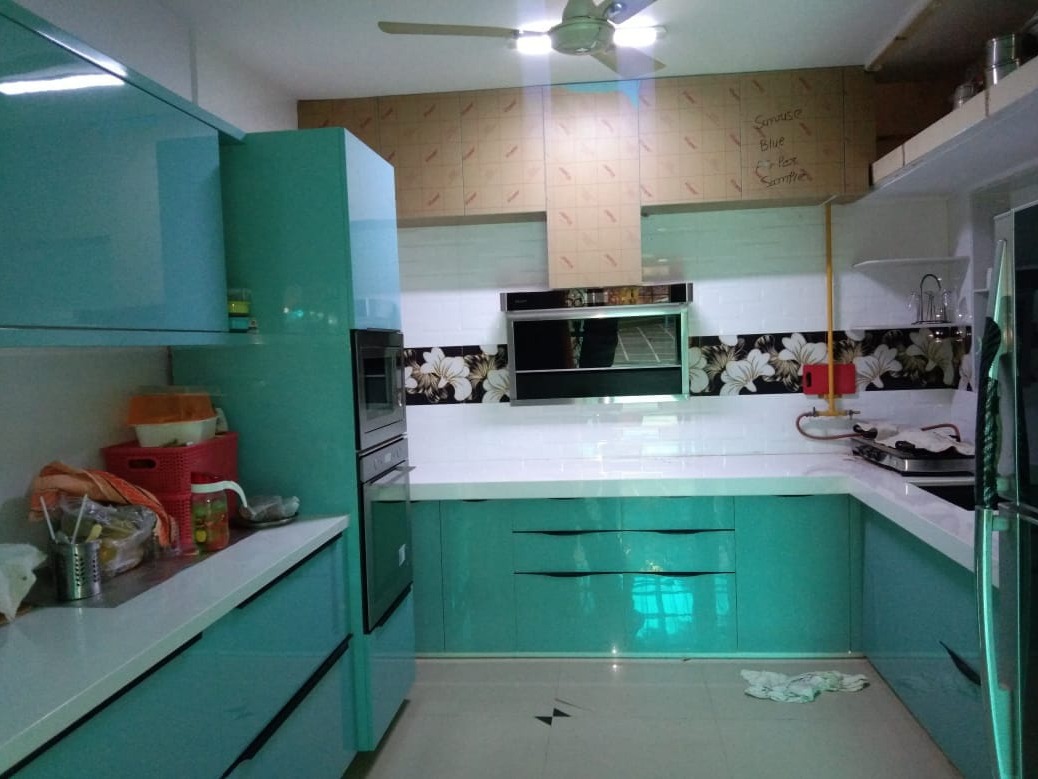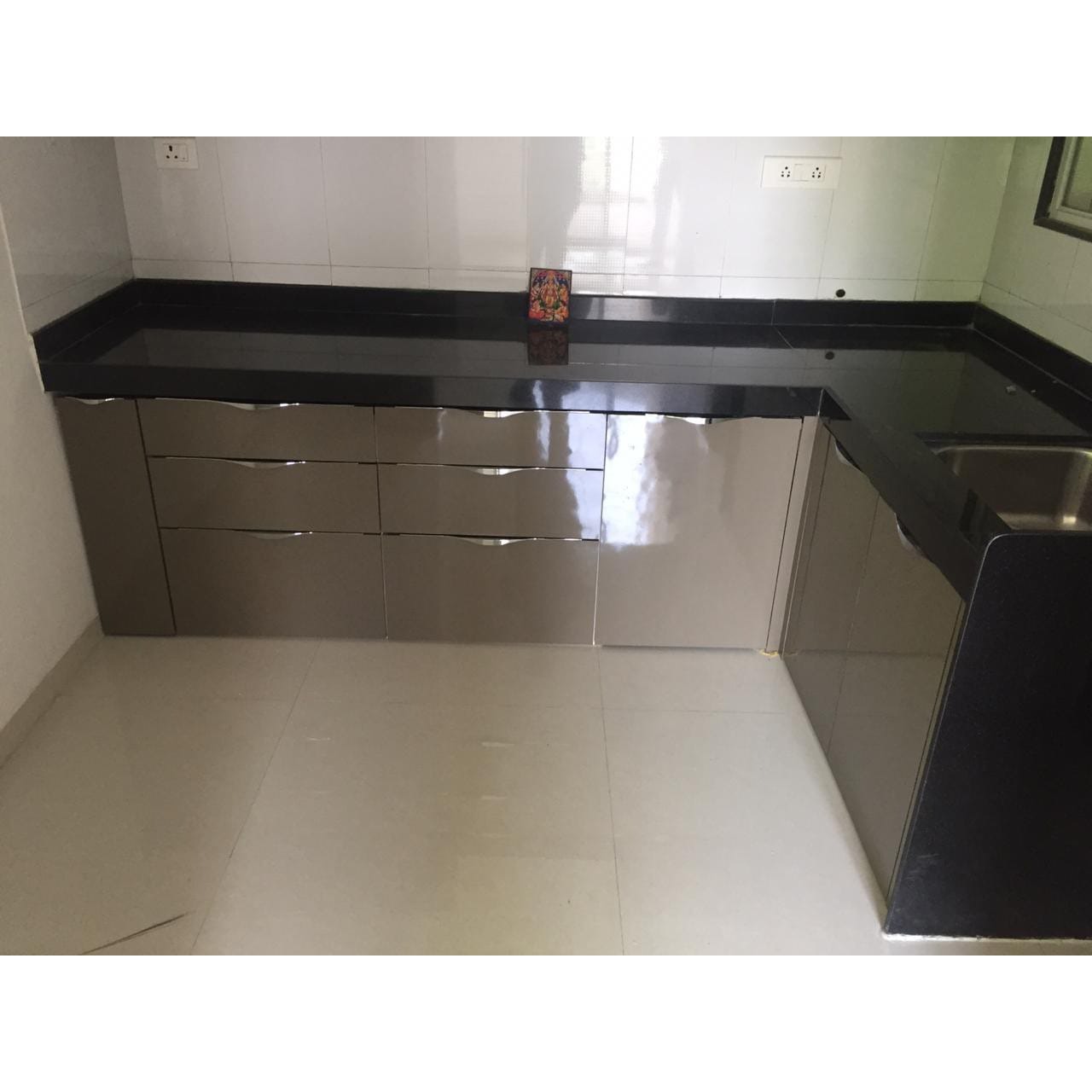
Why is modular kitchen costly?
A modular kitchen can be costly due to several factors that contribute to its premium pricing:
Quality of Materials: High-quality materials such as marine plywood, MDF, or acrylic finishes are often used in modular kitchens, which increase durability but come at a higher cost. The choice of laminates, countertops (like granite or quartz), and hardware (hinges, handles) also impacts the price.
Customization: Modular kitchens are tailored to fit specific spaces and preferences. Custom designs, which maximize functionality and aesthetics, involve more labor and precise manufacturing, leading to higher costs.
Modern Features & Appliances: Many modular kitchens are equipped with advanced accessories such as soft-close drawers, pull-out trays, built-in appliances, and smart storage solutions. These add to the convenience and functionality but also increase the overall expense.
Installation & Labor: Professional installation requires skilled labor, which is reflected in the cost. Precision in fitting and assembling the modular units also demands expertise, raising installation charges.
Durability & Long-Term Value: Modular kitchens are designed for durability and ease of maintenance. The initial investment might be higher, but the long-term benefits, such as minimal repair needs and longevity, often justify the cost.
At Highland Modular Kitchen & Interiors Pirangut, we offer a range of materials and designs to suit different budgets without compromising on quality.
Keywords
higher costs
skilled labor
modular units
Custom designs
marine plywood
Long-Term Value
overall expense
Modern Features
specific spaces
premium pricing
several factors
acrylic finishes
different budgets
Interiors Pirangut
long-term benefits
initial investment
soft-close drawers
installation charges
advanced accessories
minimal repair needs
precise manufacturing
Many modular kitchens
High-quality materials
smart storage solutions
Highland Modular Kitchen
Professional installation
